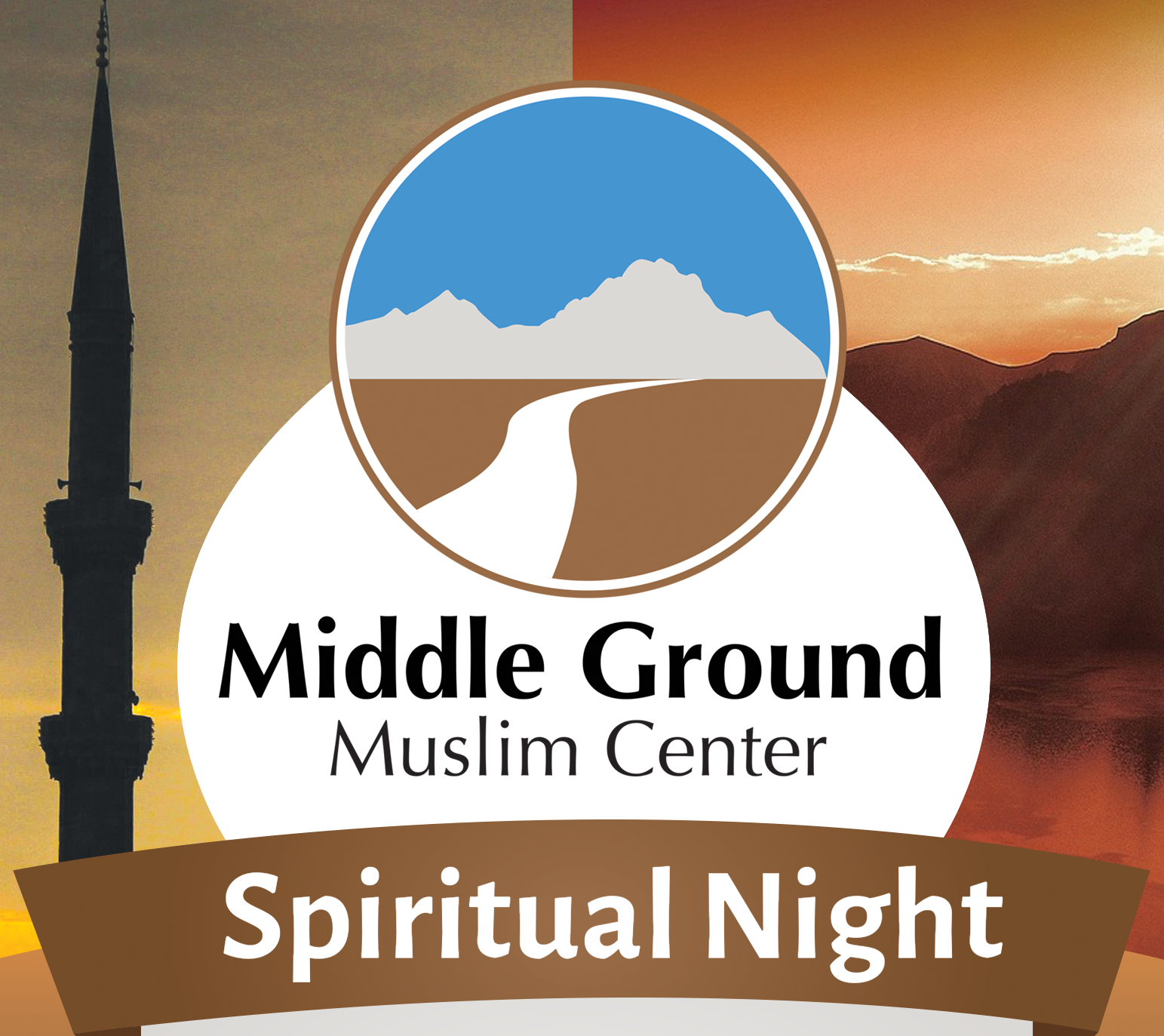Knowledge — What Is It and What Are Its Signs? Some Reflections on al-Ghazzali’s Ihya’
Abū Hāmid al-Ghazzali states in his Ihyā’,
والآخرة مقبلة والدنيا مدبرة والأجل قريب والسفر بعيد والزاد طفيف والخطر عظيم والطريق سد وما سوى الخالص لوجه الله من العلم والعمل عند الناقد البصير
“The Here-After is approaching while this worldly life is vanishing and death is close at hand. The journey is long, provisions are scant, the dangers are great and the road is blocked. The perceptive know that only sincere devotion to God, based on knowledge and righteous deeds can succeed.” — Ihyā’ ‘Ulūm al-Dīn
سَلُوا اللَّهَ عِلْمًا نَافِعًا وَتَعَوَّذُوا بِاللَّهِ مِنْ عِلْمٍ لاَ يَنْفَعُ
“Ask Allah for beneficial knowledge and seek refuge with Allah from knowledge that is of no benefit.” — Sunan Ibn Majah #3843
The mind’s role is not to determine what is good and bad or right and wrong, but, rather, to understand and implement the rulings of Allah as contained in the Shari’ah/Sunnah of the Prophet.
وَعَلَّمَ آدَمَ الْأَسْمَاءَ كُلَّهَا ثُمَّ عَرَضَهُمْ عَلَى الْمَلَائِكَةِ
قالوا سُبحانَكَ لا عِلمَ لَنا إِلّا ما عَلَّمتَنا ۖ إِنَّكَ أَنتَ العَليمُ الحَكيمُ
“He taught Adam the names of all things. Then He arrayed them before the angels and said, ‘Tell me the names of these if you are telling the truth’. They said, ‘Glory be to You! We have no knowledge except what You have taught us. You are the All-Knowing, the All-Wise’.” — Qur’an, 2: 31-32
